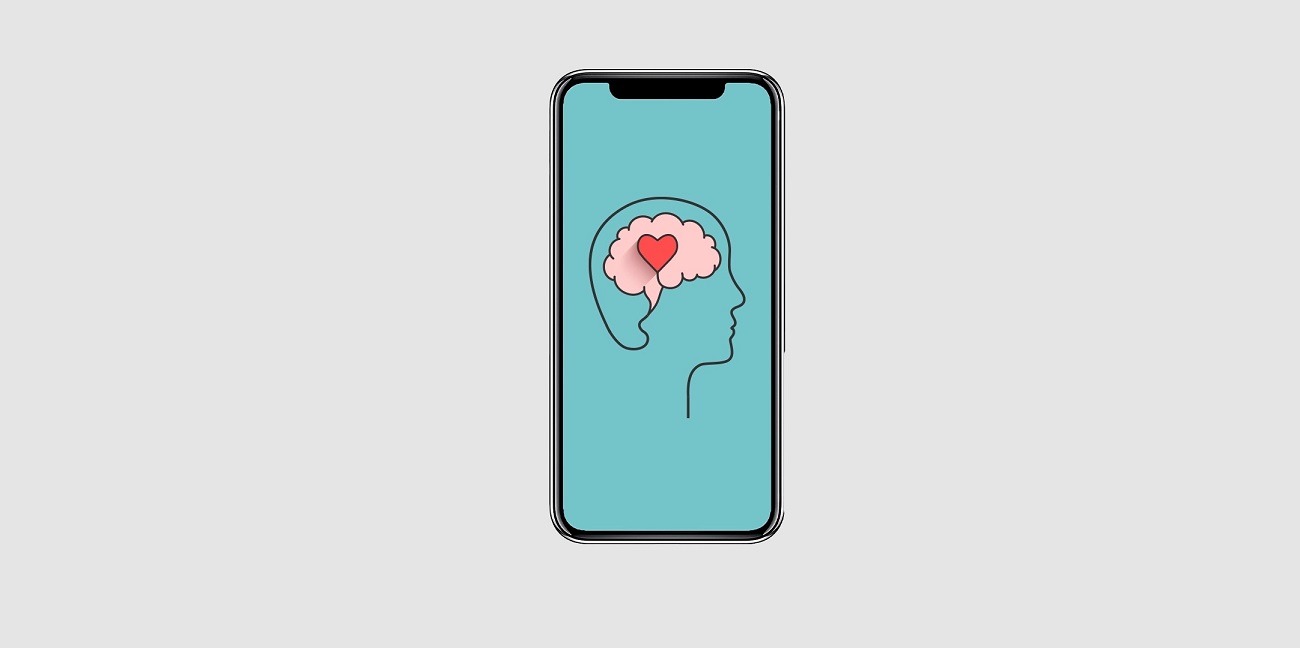No privacy is guaranteed in mental health apps
September 30, 2022 By Prelo Con

(Image Credit Google)
An analysis from researchers at Mozilla found that mental health apps offer inadequate privacy protection to their users. The report states that they have worse privacy protection than other apps. Additionally, the research team also found that prayer apps also presented similar issues.
Jen Caltrider, the Mozilla guide lead, believes that most of the mental health and prayer apps are “exceptionally creepy.” He said, “They track, share, and capitalize on users’ most intimate personal thoughts and feelings, like moods, mental state, and biometric data.”
Moreover, the team analyzed 32 mental health and prayer apps. And 29 of those were labeled with a “privacy not included” warning. Hence, it alerts users that the team has concerns regarding the apps’ management of user data. The research team also notes that these apps collect large amounts of personal data, although designed for sensitive issues like mental health conditions. In addition, most of these apps possessed poor security practices. Therefore, enabling users to create accounts with weak passwords despite containing personal information.
 Here are some of the mental health and prayer apps listed by Mozilla -
Here are some of the mental health and prayer apps listed by Mozilla -
- Better Help
- Youper
- Woebot
- Better Stop Suicide
- Pray.com
- Talkspace
For example, Woebot, the AI chatbot, collects information about users from third parties and shares user information for advertising purposes. And Talkspace collects user chat transcripts.
Conclusion
To sum it up, finding traditional mental health care can be difficult for most people. The reasons are the long waiting lists, cumbersome insurance policies, and expensive consultations and therapy. Additionally, the need for acquiring mental health care increased exponentially during and after the Covid-19 pandemic. Hence, mental health apps aim to offer assistance to people in the current scenarios. They make resources more accessible and readily available to people in need. However, unbeknownst to the users, this access and help offered by these apps come at the expense of their privacy.
So, the Mozilla researchers warn users to be more vigilant while using these apps. “They operate like data-sucking machines with a mental health app veneer,” said Misha Rykov, a researcher. “In other words: A wolf in sheep’s clothing.”
By Prelo Con
Following my passion by reviewing latest tech. Just love it.


 Here are some of the mental health and prayer apps listed by Mozilla -
Here are some of the mental health and prayer apps listed by Mozilla -






